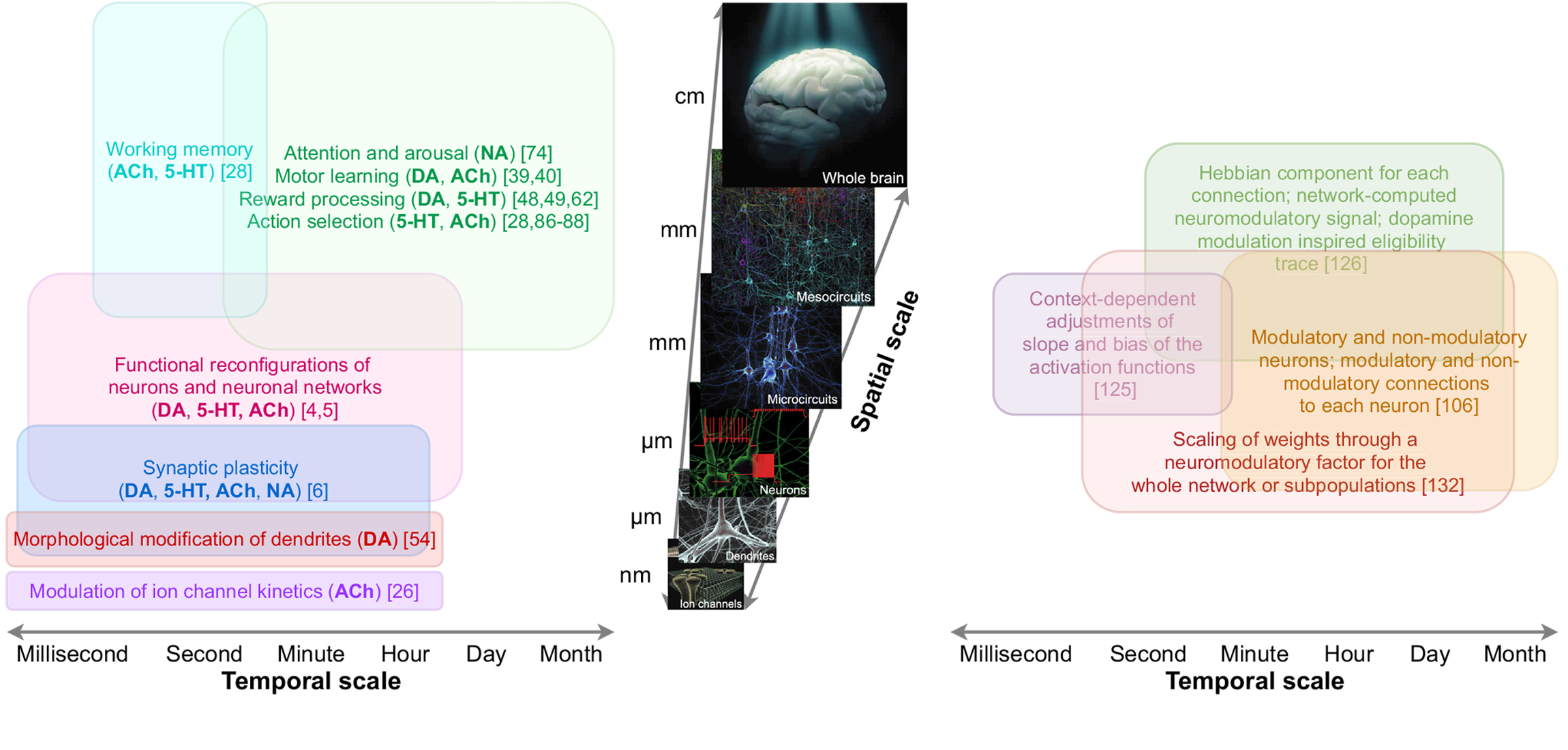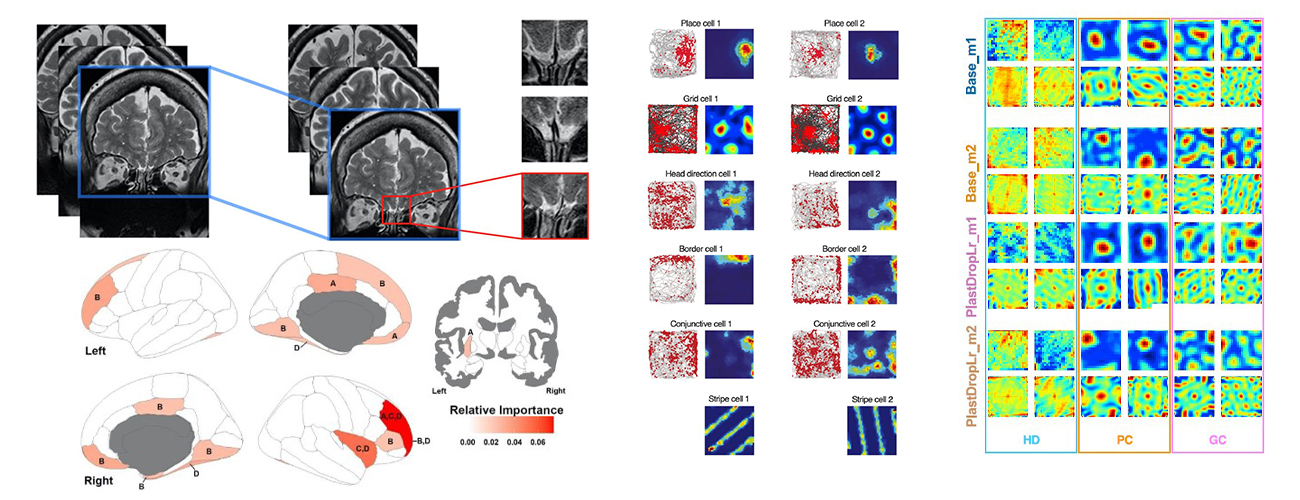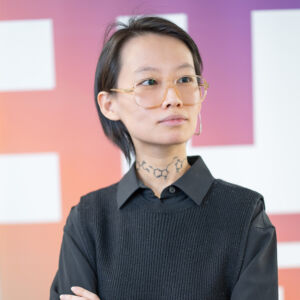Computational Neuroscience
Neuro-inspired AI
Brains are magical. They learn quickly, adapt, evolve, and demonstrate incredible resilience. In our research, we translate insights from the brain into implementations that help machines learn faster, adapt better, potentially evolve, and build resilience.
One particularly interesting class of substances we’re working with is neuromodulators (such as dopamine and serotonin), which play a key role in the brain’s capacity for continuous learning and adaptation. Neuromodulation-driven processes occur across spatio-temporal scales, making both data analysis and modeling challenging. At the WNB Lab, we use various tools to simulate these processes, incorporate them into artificial neural networks, and see if they offer new insights.
Beyond neuromodulation, here’s a list of things that intrigue us (i.e., we’d like to model them!):
- Neural heterogeneity
- Glia
- Neurogenesis
- (Early) Brain development
- Evolution
- Pre-configured brain circuits and architecture

Brain data analysis
Analysis of brain data is key to interpretation and modeling, and when done properly, can lead to new scientific ideas and experiments, facilitate the development of AI models, and support diagnosis and assessment. The lab collaborates with leading research laboratories around the world and has access to data from a range of organisms, from rodents to primates to humans.
Some of the datasets we work with:
- Human neuroimaging (structural and functional) from healthy participants and patients with neurodegenerative diseases
- Facial movement, eye tracking, hand movement data from controls and individuals with neurodevelopmental disorders
- Physiological, behavioral and neuroimaging data from animal models of stroke
- Neural recordings under acute or chronic stress conditions in a rodent model


 Jie Mei
Jie Mei
